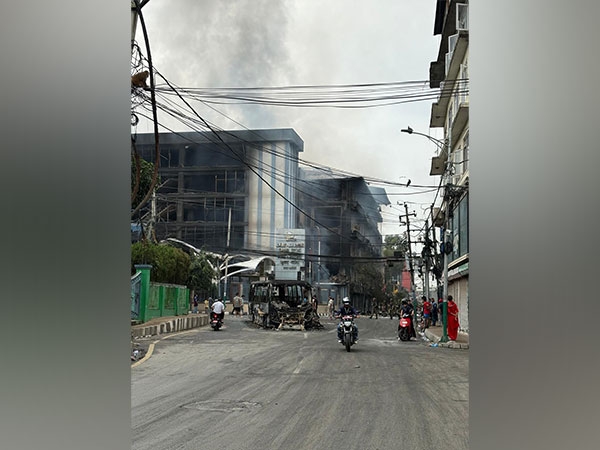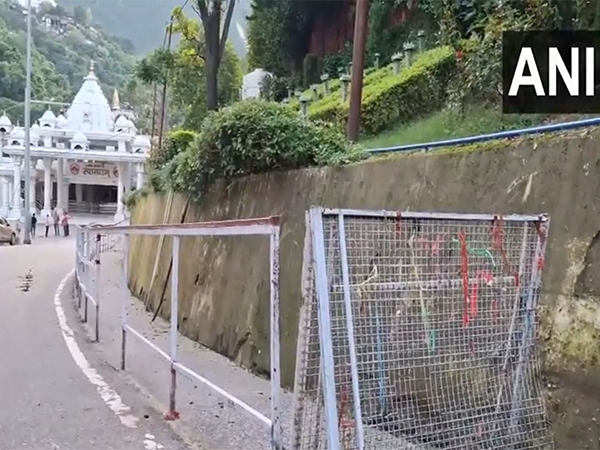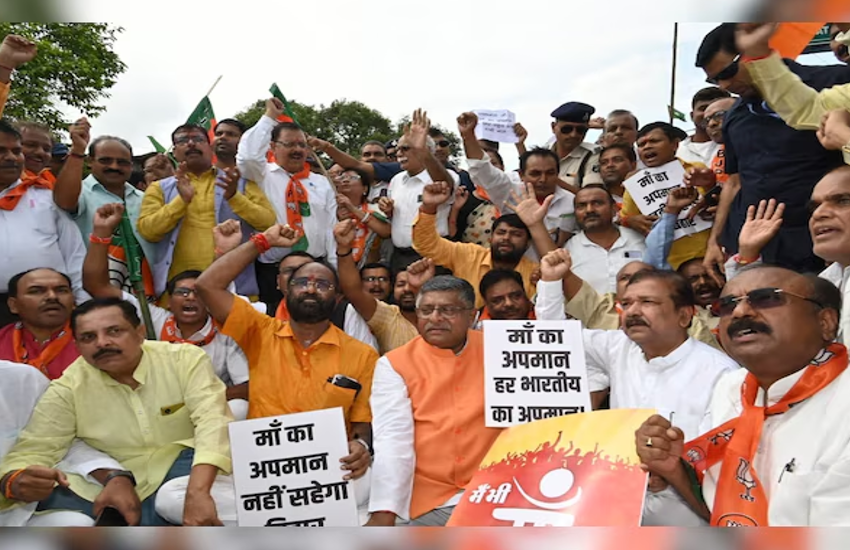Price wars: why Pfizer should not get the pneumonia vaccine patent

On 29 July, Doctors Without Borders or Médecins Sans Frontières (MSF) bid against US-based pharmaceutical company Pfizer in a patent hearing case. If granted, the patent that could potentially stall the manufacturing of a generic version of a pneumonia vaccine.
The hearing concluded with the Patent Officer scheduling the next round of hearing for 5 August. The decision on the matter would, however, take three more months.
The patent for Pfizer's drug that it markets as Prevnar13, should not be patented in India because it lacks the originality needed for a patent, argued MSF.
While PCV13 was a technical advancement for Pfizer, the technology used to create the Pneumococcal Conjugate Vaccine (PCV13) is already public and the advancement is predictable and obvious, argued MSF.
Why is fighting against this patent important?
As per the last major study conducted by UNICEF, India tops the list of the number of deaths of children, under the age of five, with 3.97 lakh deaths reported in 2010.
According to the annual International Vaccine Access Center's (IVAC) Pneumonia Progress Report 2012 almost 1,088 children under 5 years of age die every day in India.
This is an increase of 6.7% from the 2008 data study by IVAC itself which pegged the deaths at a total of 3.71 lakh that year. Worldwide, pneumonia kills almost one million children every year.
The stakes are with the patents that multinational pharmaceutical companies hold. Pfizer and GlaxoSmithKline (GSK) are the only two manufacturers of the vaccine worldwide and with them lies the responsibility of millions who suffer from the disease, many of the being children.
As per a study by Lancet in 2014, less than 30% of children in India do not receive medication for pneumonia.
According to MSF, broader use of the vaccine could reduce antibiotic use in children by 47% each year as per an analysis conducted in 75 countries. This would also help stem the rise in global antibiotic resistance.
What would acquiring the patent mean
The patent would mean Pfizer's popular PCV13 vaccine which is currently priced around Rs 4,500 per dose in India would be the cheapest option available. Three doses of the vaccine are needed for each child, and according to experts it is one of the most expensive vaccines in the market.
The patent grant would impede production of low-cost generic versions that Indian Pharmaceuticals have already developed which would cost as less as Rs 400 for all three doses.
Serum Insititute and Panacea Biotech are pharmaceutical companies that have already developed a vaccine but can only start selling it if Pfizer is denied a patent.
MSF says that pneumonia vaccines are one of the most expensive humanitarian products that they purchase across the developing world.
India's problems
India might get out of the circle of developing countries that have access to low-cost PCV13, and may have to bear the cost of the vaccine on its own.
Gavi, the Vaccine Alliance, offers PCV13 at the lowest price of Rs 670 for three doses.
"India, in the near future, may have to bear the cost of the vaccine on its own," says Leena Menghaney, Head of MSF's Access Campaign
As per MSF, pneumonia vaccine accounts for almost half the price for vaccinating a child in the poor and low-income countries.
Even at the lowest global price, the vaccine is now 68 times more expensive as compared to its price in 2001.
According to Dr Greg Elder, Medical Coordinator at MSF, the pneumonia vaccine is the world's best-selling vaccine, and last year alone, Pfizer brought in more than $6 billion dollars in sales just for this product while many, including millions of children, who are at the risk of getting pneumonia can't afford it.
The patent
In March MSF filed a 'patent opposition' to prevent Pfizer from getting a patent on the PCV13, to ensure that affordable versions can become available to developing countries and organisations like the MSF itself.
According to MSF, Pfizer's patent lacks technical merit. MSF stated in the hearing that the new protein developed that Pfizer wishes to patent does not merit one, which is an obvious observation for any vaccine developer.
They also claimed that Pfizer's response to the patent office's queries does not provide sufficient evidence to support its claims.
Pfizer in an email statement said that it is committed to protecting its intellectual property rights and that their priority is to assure PCV13 vaccine is available to every child in India.
"The pneumonia vaccine clearly does not merit patenting under India's Patents Act and aims at ensuring Pfizer's market monopoly," said Menghaney.
"India must fight against such patent application which only add trivial changes to the parent protein, and deprives millions of people from accessing more affordable treatment and vaccines," she added.
Furthermore, the European Patent Office has already rejected the same patent citing lack of new innovation.
Future course
With the next hearing on 5 August and three more months before any decision on the matter is heard, there still isn't any certainty on the patent office's decision. Not everyone, however, is hopeful.
"Even though our laws are quite clear on cases where to grant patents, we may succumb to pressure this time around with the US consistently trying to influence India. I'm not that hopeful this time," says Menghaney
India in the past has rejected various patents including Pfizer's patent application on a drug to treat arthritis, that the patent office rejected last year.
But the US has constantly taken note of this and voiced its displeasure towards India's patent laws and patent rejections.
MSF says that it has been scaling up its use of pneumonia and other vaccines focusing on improving routine immunisation, and improving coverage.
Edited by Jhinuk Sen
Also Read:Antibody injections could be stepping stone to HIV vaccine
Also Read: Falling funds, rising deaths: dengue cases have doubled this year
Also Read: Apocalypse now: in less than 10 years, antibiotics may be useless
First published: 5 August 2016, 6:49 IST






![BJP's Kapil Mishra recreates Shankar Mahadevan’s ‘Breathless’ song to highlight Delhi pollution [WATCH] BJP's Kapil Mishra recreates Shankar Mahadevan’s ‘Breathless’ song to highlight Delhi pollution [WATCH]](https://images.catchnews.com/upload/2022/11/03/kapil-mishra_240884_300x172.png)

![Anupam Kher shares pictures of his toned body on 67th birthday [MUST SEE] Anupam Kher shares pictures of his toned body on 67th birthday [MUST SEE]](https://images.catchnews.com/upload/2022/03/07/Anupam_kher_231145_300x172.jpg)






